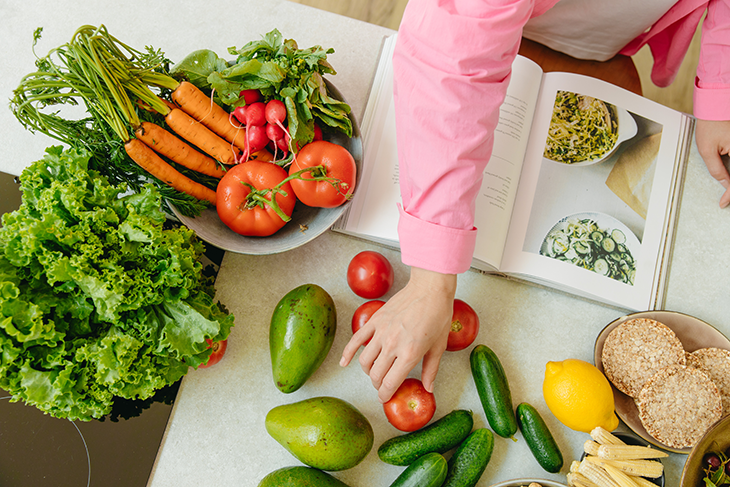When COVID-19 swept the globe in 2020, kitchens became more than meal hubs—they turned into sanctuaries, classrooms, and experiments. Lockdowns shuttered restaurants, and supply chain hiccups emptied grocery shelves, pushing millions to cook at home like never before. By April 2020, 70% of Americans were preparing daily meals, up from 50% pre-pandemic, per a Hunter PR survey. This shift, born of necessity, revealed cooking’s power to comfort, connect, and create, even in crisis.
Home cooking surged as dining out vanished. Families swapped takeout for spaghetti nights, learning to stretch pantry staples—canned beans, rice, pasta—into hearty dishes. Sourdough bread became a viral obsession, with #QuarantineBaking posts flooding social media. Google searches for “banana bread” spiked 80% in March 2020, per Trends data, as people found solace in mixing bowls. In Tampa, chefs like Zakari Davila shared virtual recipes, teaching locals to roast mojo pork with love, echoing his Chopped roots.
Yet, challenges loomed. Food scarcity hit hard—40% of U.S. households faced shortages, per USDA (2020). Low-income families struggled most, with 1 in 5 skipping meals. Working parents juggled Zoom calls and dinner prep, with 60% reporting burnout, says Pew Research (2020). Still, ingenuity thrived. Cooks revived “victory garden” vibes, growing herbs on windowsills, while apps like Yummly offered recipes for odd ingredients—like that dusty can of chickpeas.
Cooking soothed minds, too. Chopping onions or kneading dough offered mindfulness, cutting stress by 20%, per a 2020 Journal of Positive Psychology study. Virtual cook-alongs fostered bonds—friends baked cookies over FaceTime, mimicking pre-COVID gatherings. For some, like healthcare workers, a homemade soup was a rare pause in chaos.
The pandemic’s cooking boom left a mark. By 2021, 35% of Americans planned to cook more post-COVID, per Food Network. Home kitchens birthed confidence—novices tackled curries, kids learned knife skills. It wasn’t just survival; it was transformation. In 2025, as we savor those lessons, cooking remains a ritual of resilience, proving that even in the darkest times, a meal made with care can feed the soul.
